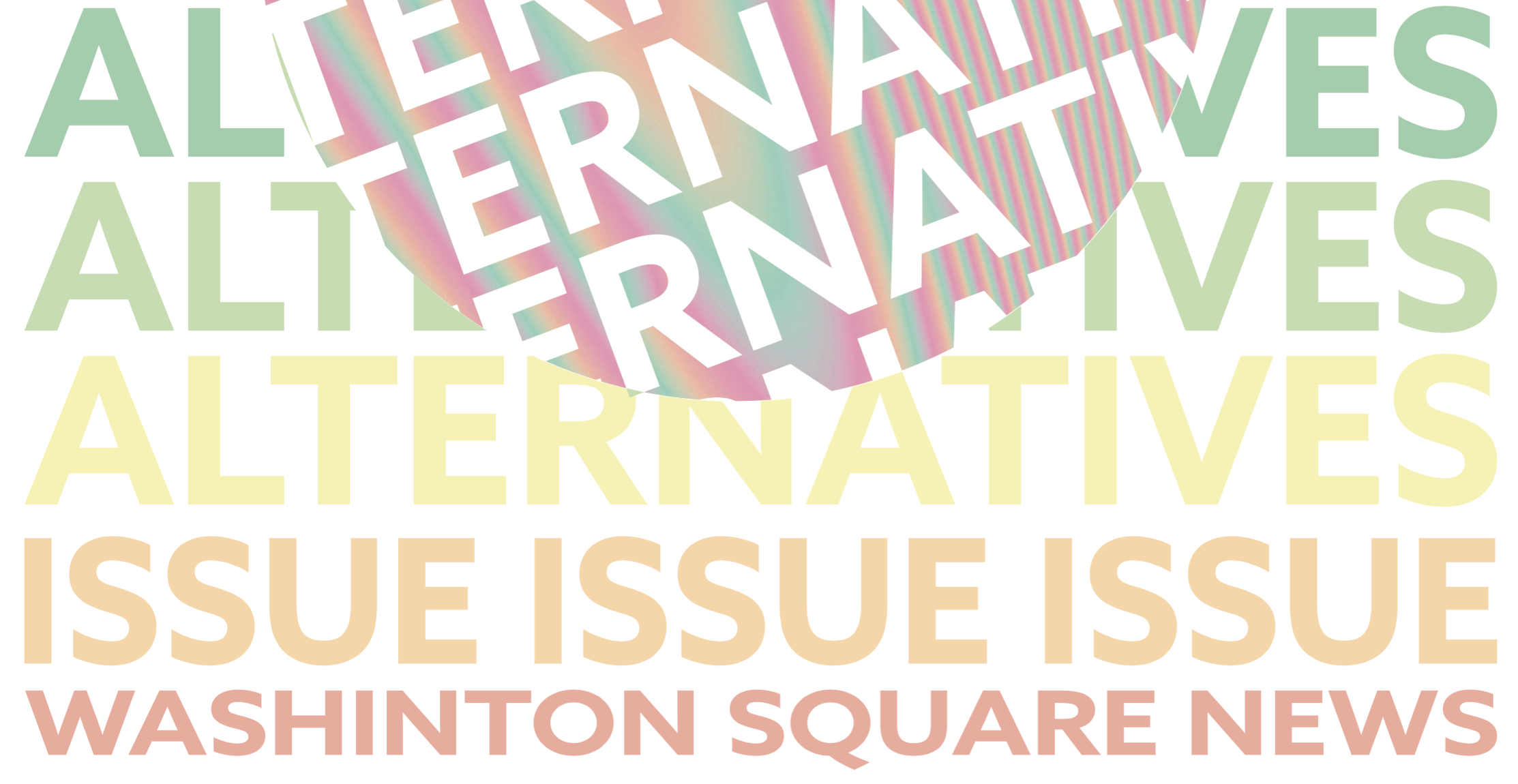Namaste-ing Mentally Present
March 27, 2017
Rather than just visiting the Wellness Center for stress or other mental health burdens, MindfulNYU provides students free and educational resources to help them live in the moment. From free yoga workshops to affinity groups and meditation classes, the program aims to help students change their perspectives on daily situations to cultivate a less worrisome atmosphere at NYU.
Reka Prasad, the assistant director of both MindfulNYU and Global Spiritual Life, delved into the finer points of mindfulness and meditation and their roles in students’ lives.
Washington Square News: What are some benefits people have reported after engaging with MindfulNYU?
Reka Prasad: Student feedback has been that it’s the time in their day when they can de-stress, where they can relax, learn something new, find a different approach to their lives and begin a meditation practice. They learn a new idea [about] how they [can] be more in the present moment and how that could be useful around all sorts of issues, particularly around anxiety. So a lot of students have said that meditating regularly has helped them reduce their anxiety, improve relationships, improve their sleep, help them with addictive behavior and just really calm down their lives in a lot of ways.
WSN: Is this something people do with their friends? Or do people normally come alone?
RP: A lot of people come by themselves — it’s in a community, but the practice is individual. Some people come with friends, but you’re welcome to come to any of our stuff by yourself, and you’ll generally meet somebody.
WSN: With so many benefits and advantages, could meditation and mindfulness eventually replace medicine?
RP: I’m a therapist, so I’m probably going to tell you that meditation in particular and mindfulness is a good supplemental tool — so you’ll have a lot of students who are in recovery or who are in therapy or on medication, and this helps them manage their lives better. So it’s a good additional tool in your pocket, but I wouldn’t say it’s a replacement. And meditation is not about psychoanalysis, so you’re not going too deep into your thinking. It’s really just figuring out what’s there and then. If you need to go to your therapist to talk about Mom or Dad or family life, then that’s probably the place to do it — it’s not really during meditation.
WSN: What’s the difference between meditation and mindfulness?
RP: Meditation and mindfulness are really two different things. Mindfulness is really our intentional engagement with the present moment, and that can happen in any way. That can be when we’re brushing our teeth or when we’re exercising or talking to a friend. It is just about bringing our full presence into the situation that we’re in and not really bringing any judgment, because judgment comes from the past. But meditation, which is the most powerful tool of mindfulness, is available to you at any time — it’s free of charge. It’s really about coming to the senses of your breath, experiencing some silence and being with your senses. So anybody can access that, and it’s useful for everybody. These are not religious practices. These are really tools for wellbeing. So if you believe in God, don’t believe in God or are just spiritual enough or religious — whatever it may be — you can use these tools to help bring greater use to your life, and that’s really for anybody.
A version of this article appeared in the Monday, March 27 print edition. Email Diamond Naga Siu at [email protected].

